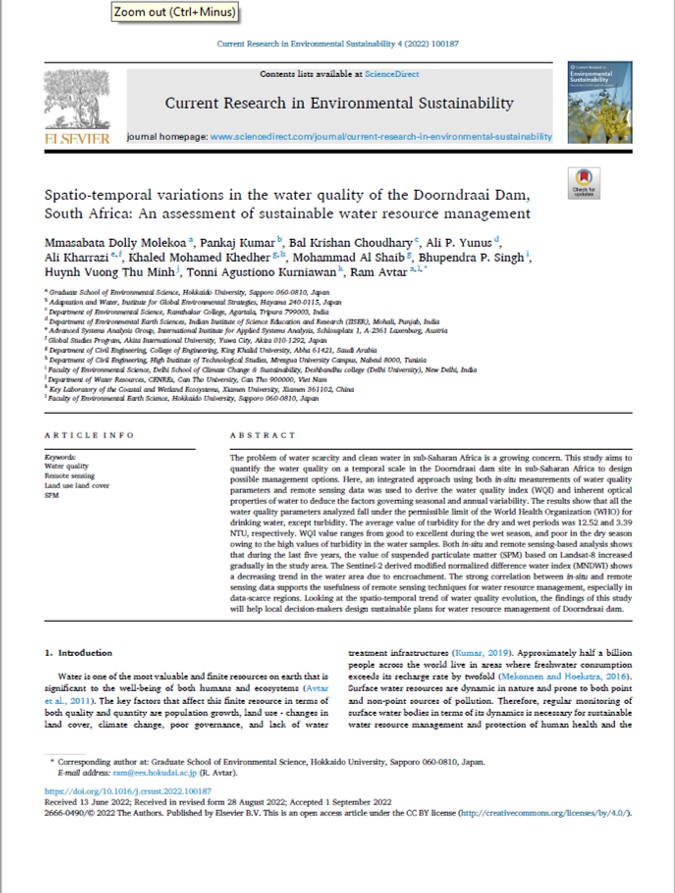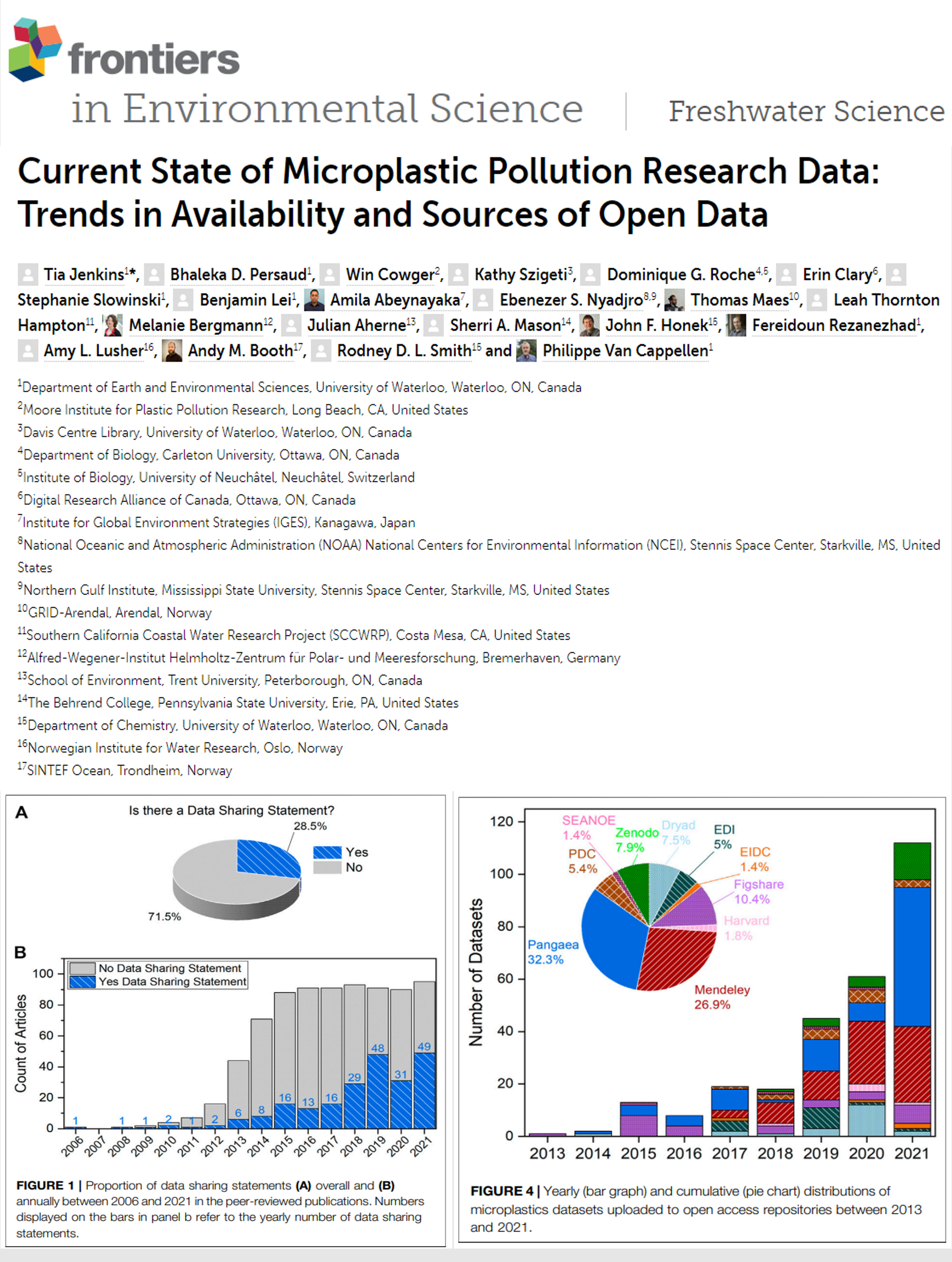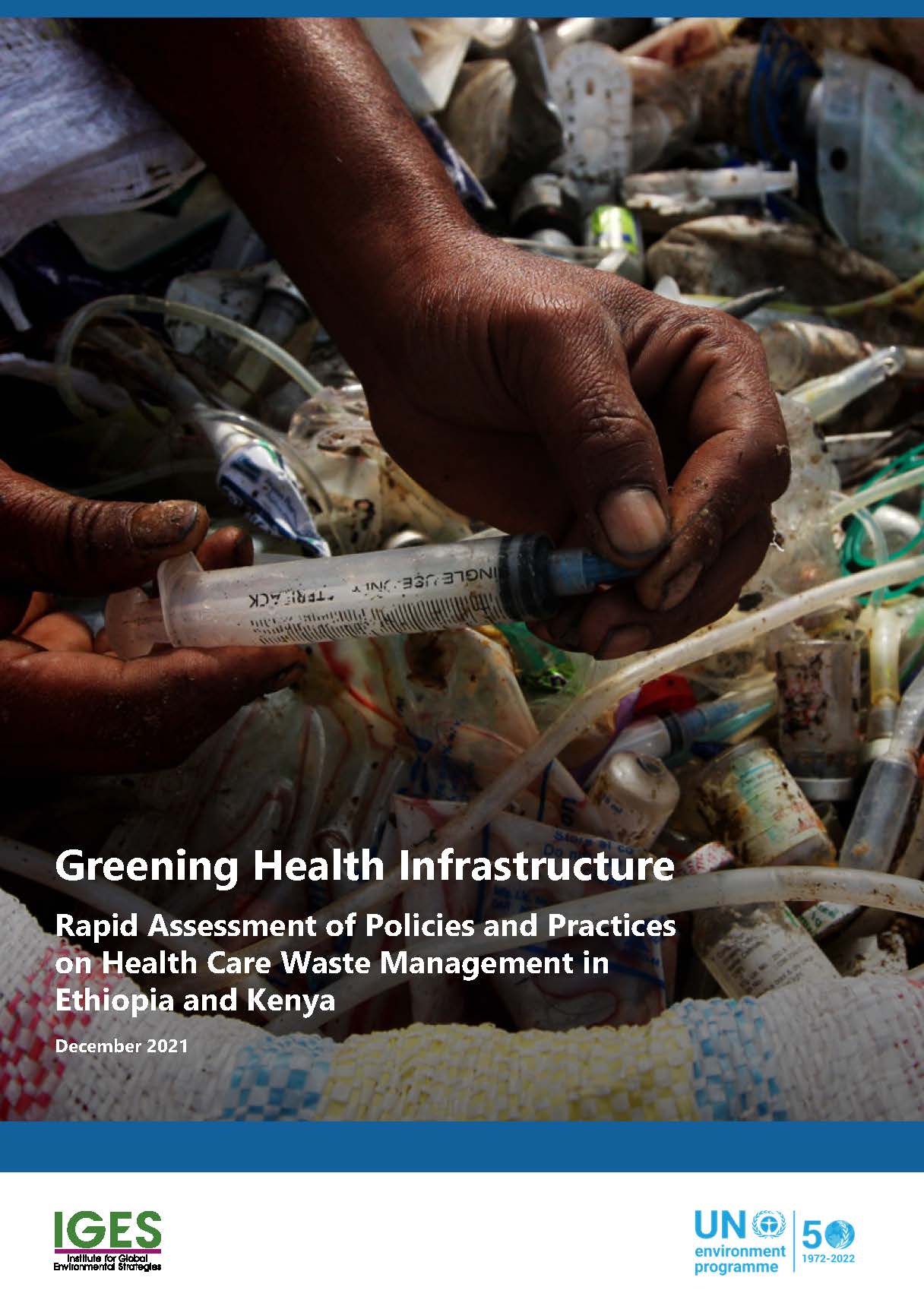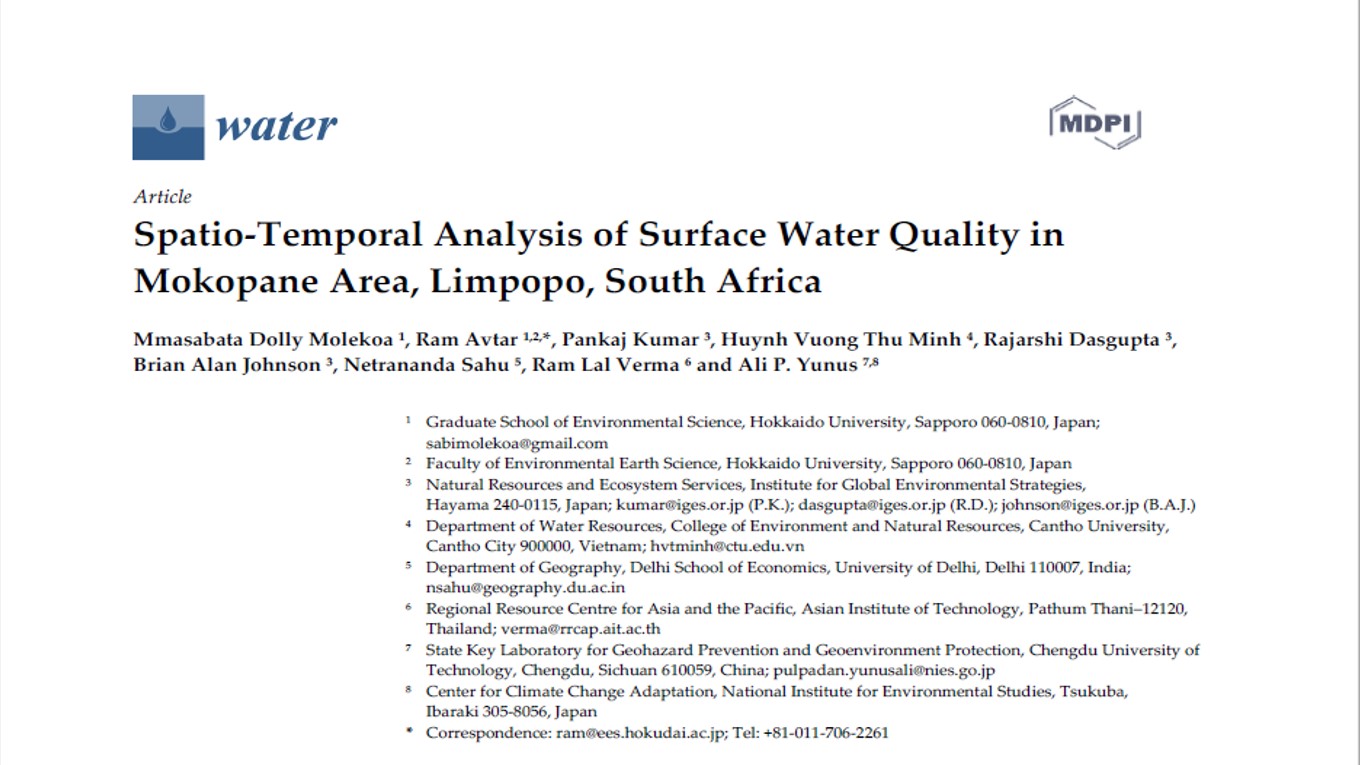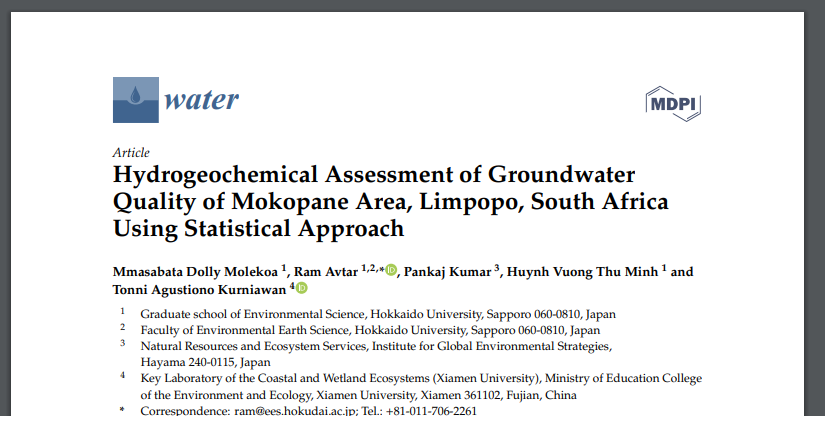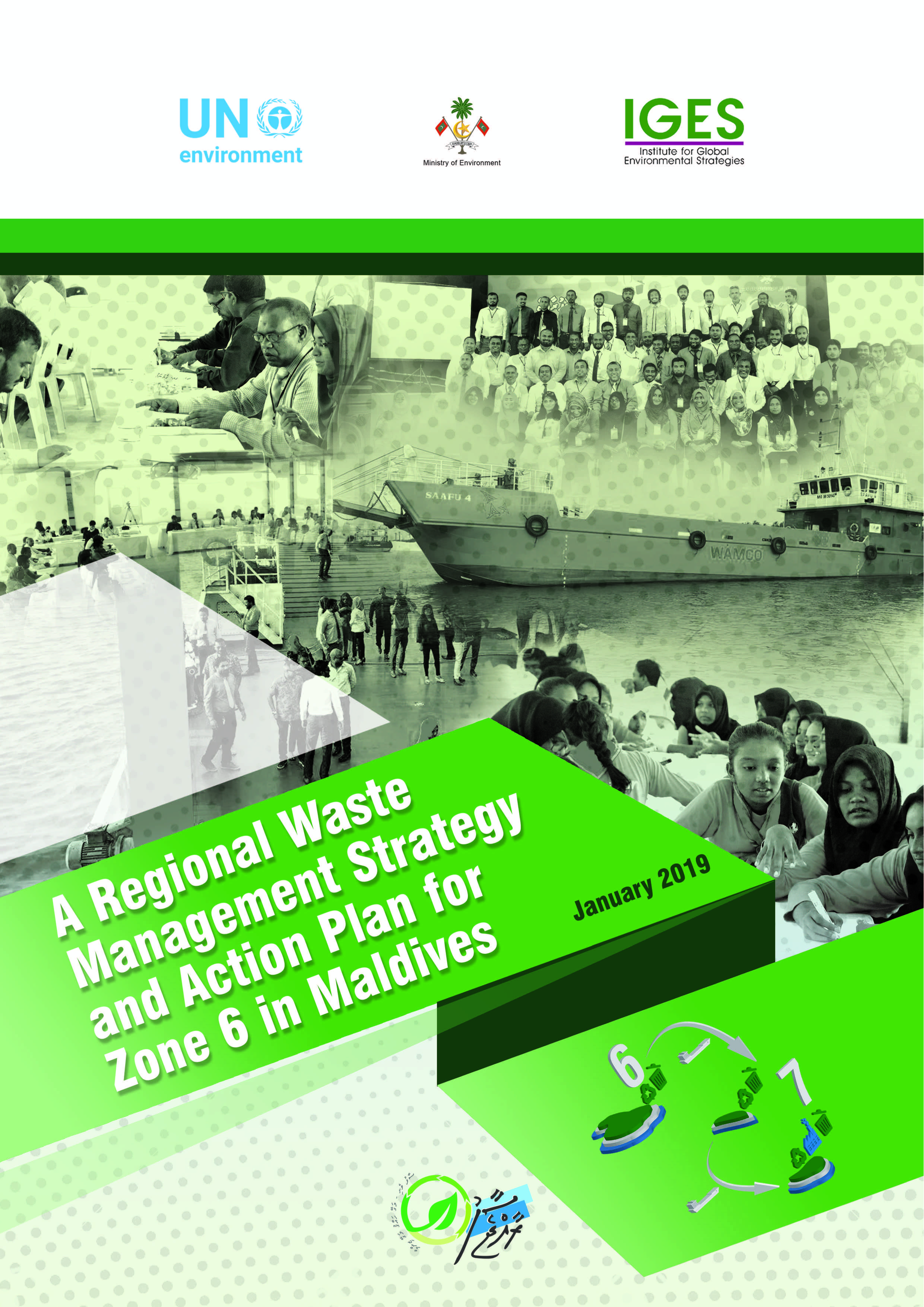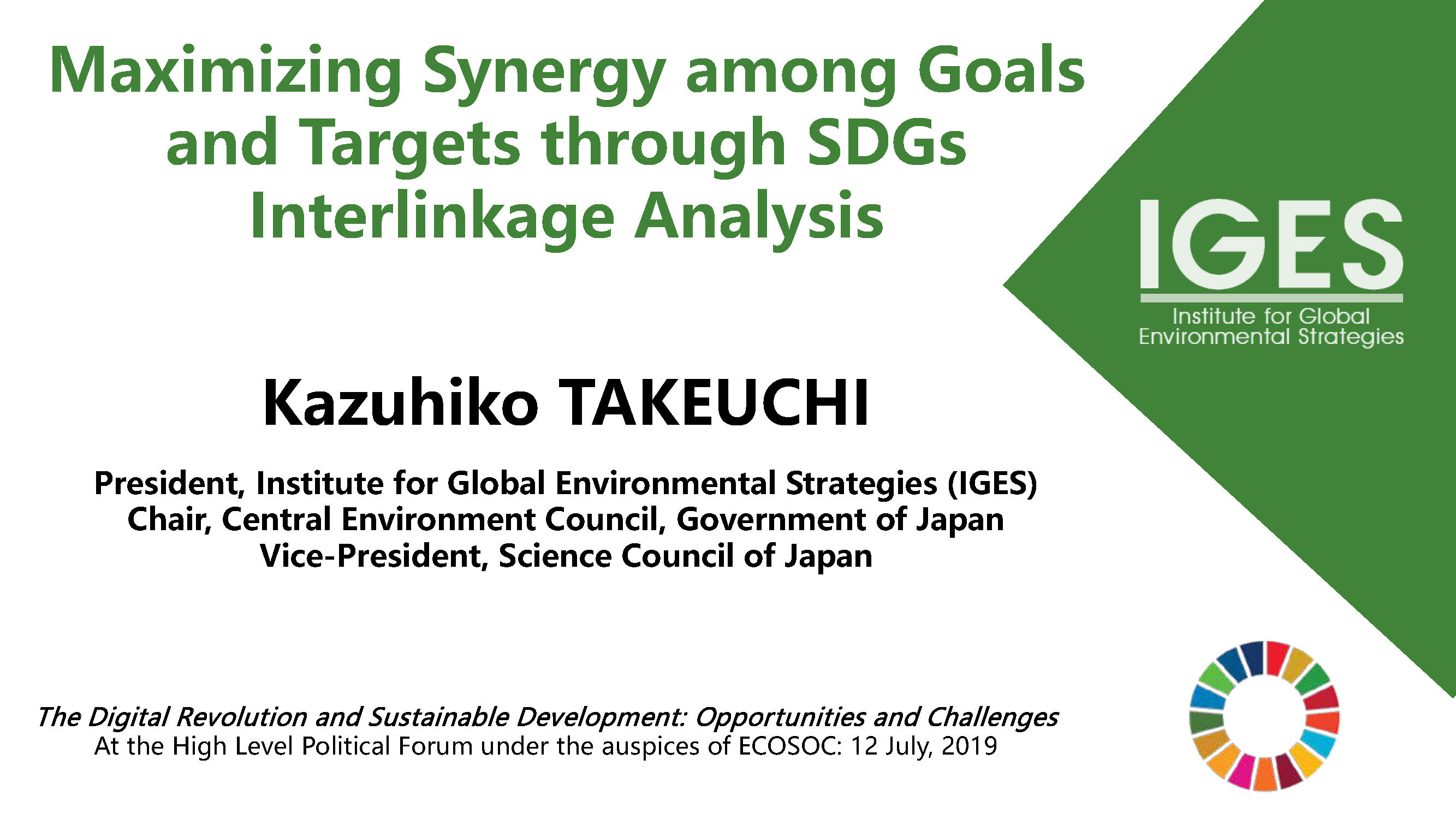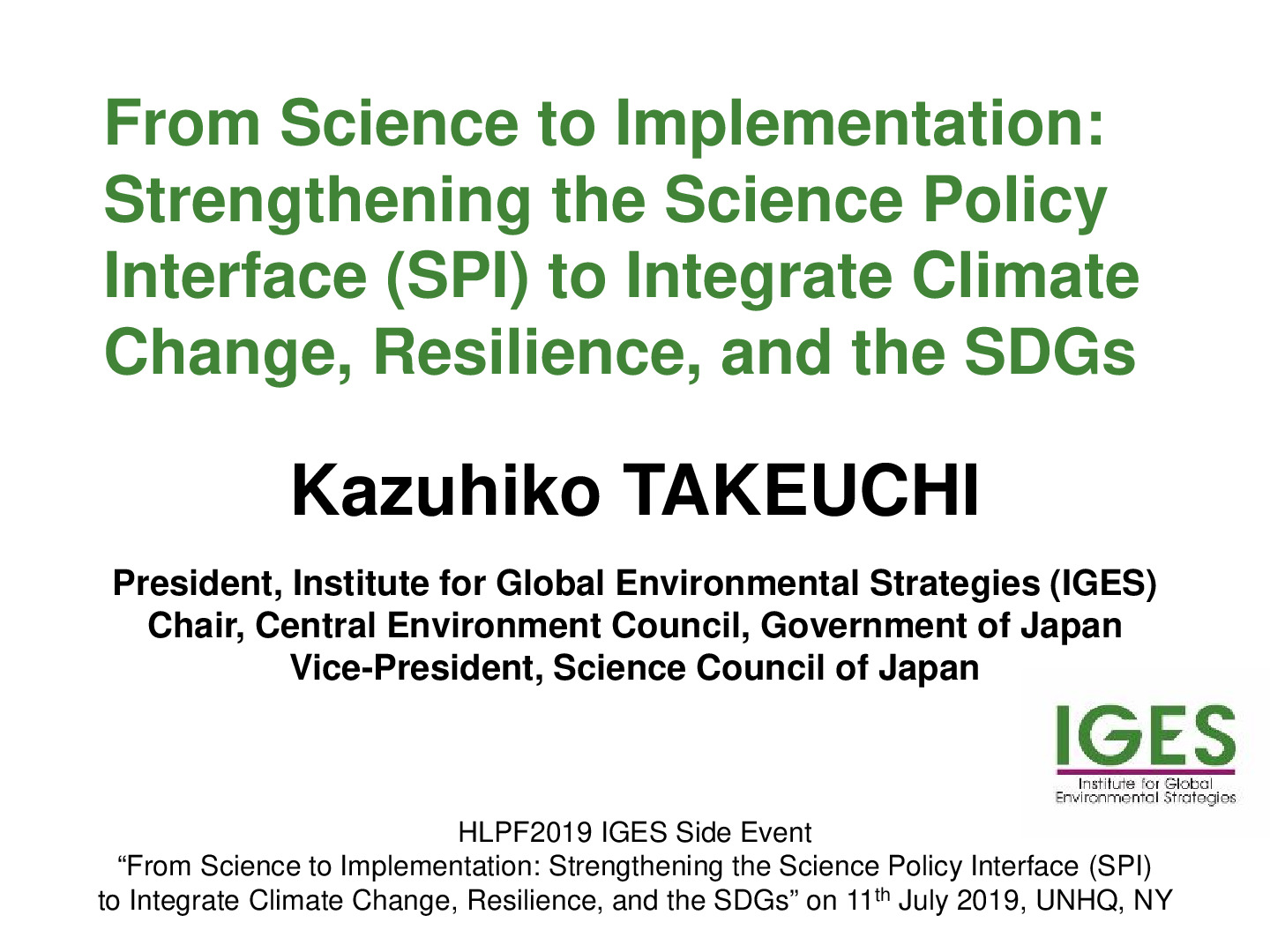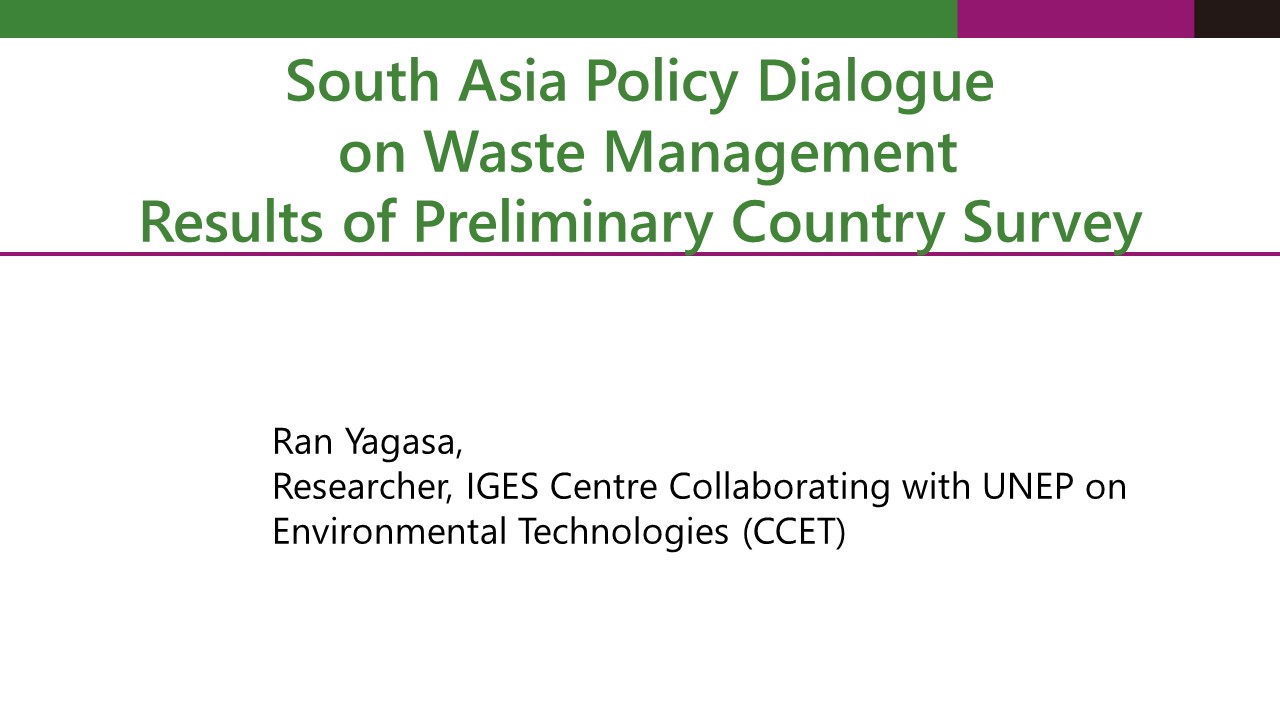In Current Research in Environmental Sustainability
The problem of water scarcity and clean water in sub-Saharan Africa is a growing concern. This study aims to quantify the water quality on a temporal scale in the Doorndraai dam site in sub-Saharan Africa to design possible management options. Here, an integrated approach using both in-situ measurements of water quality parameters and remote...

